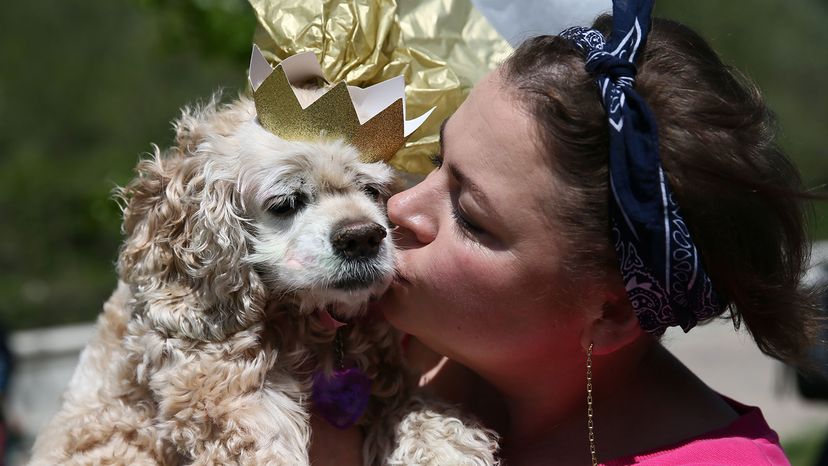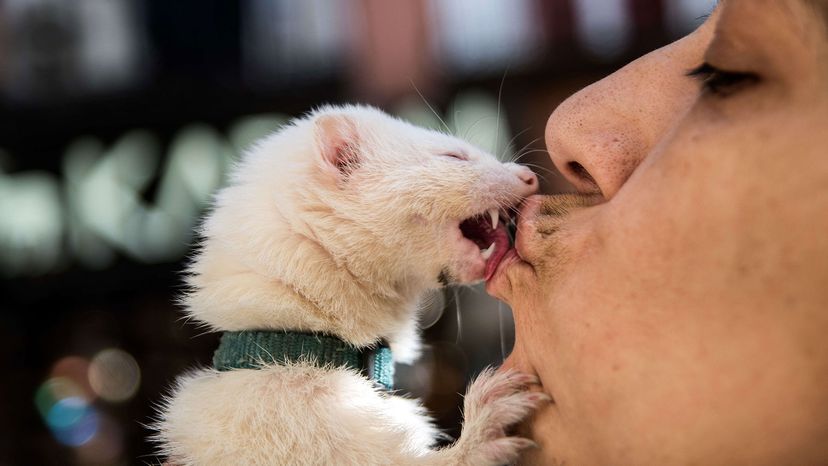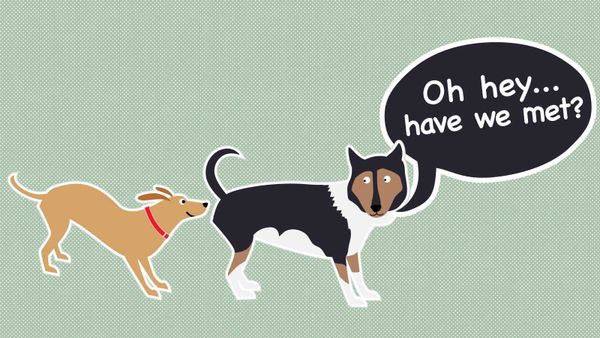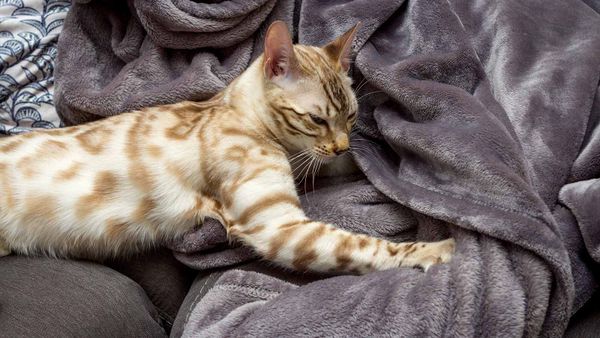
Many pets are considered full-fledged family members, so it only makes sense that they be treated as such with plenty of love. Many owners go as far as to kiss their pets every day. But is it actually safe to lay a smooch on Fido or Fluffy?
First, the good news: Odds are that smooching a pet is no big deal, at least from a contagious disease standpoint. "If you have a healthy mouth, you should be safe to kiss pets," emails Dr. Jeff Werber, veterinary consultant for Fi, maker of a smart collar for dogs. "Both humans and dogs have thousands of bacteria in their mouths, but our bodies can handle it — otherwise we would be walking around constantly making ourselves sick. The bacteria in dog mouths are typically not as pathogenic or disease-causing for us as that of, for example, a human bite."
Advertisement
But that doesn't mean there are no risks. "While many people think that the old saying that your pet's mouth is cleaner than a toilet seat is true, this can actually be untrue in many instances," says Oregon-based veterinarian Dr. Megan Conrad by email. In particular, she notes that many dogs have poor dental hygiene, which results in plaque buildup and gum disease and an overgrowth of mouth bacteria. "If you let a dog kiss your face when they have severe dental disease, they're sharing bacteria that they are harboring."
So, before you decide on kissing your pet, here are some questions to ask yourself:
Advertisement


